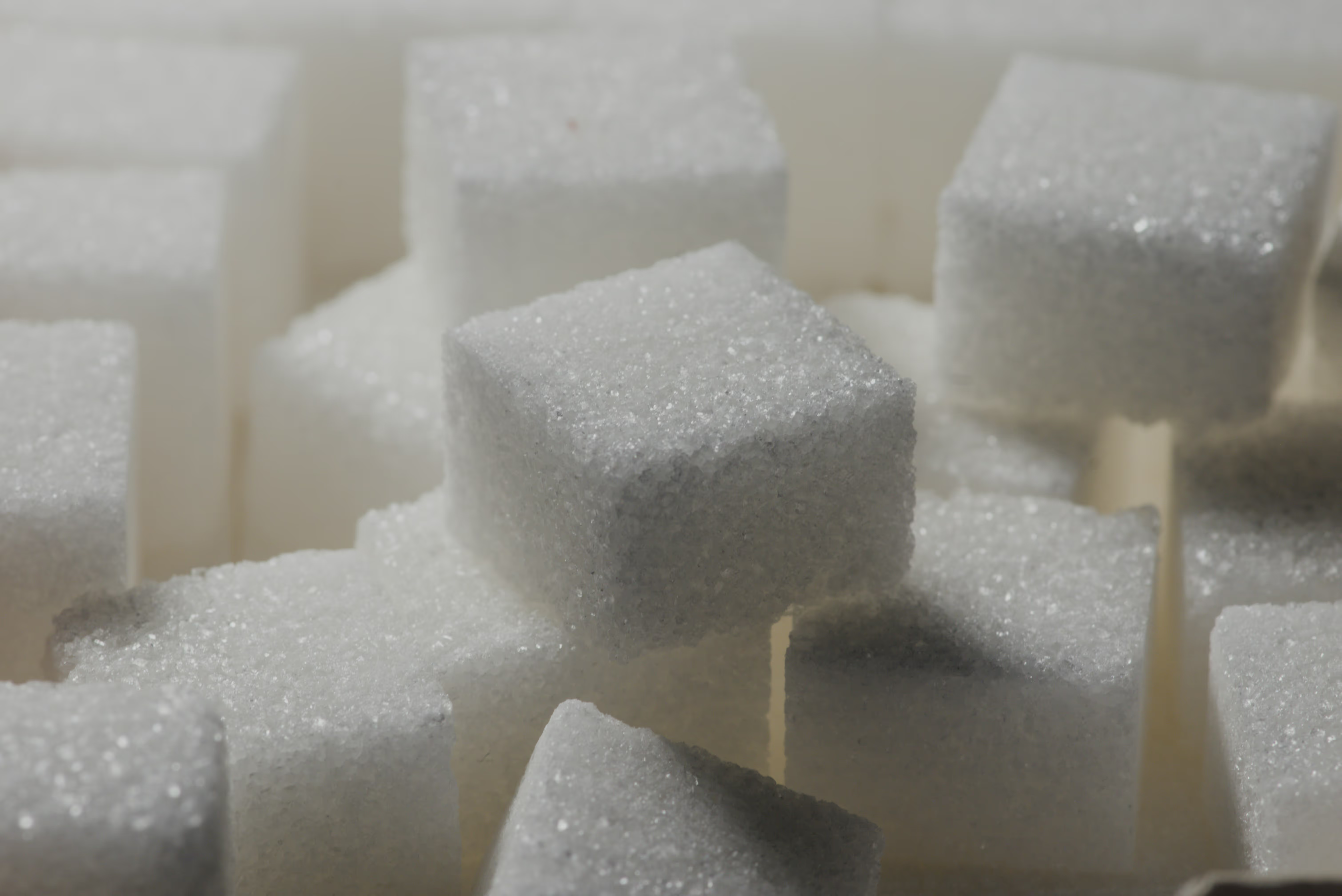Blogs
Catch is the world's first cancer prevention platform
Trending Topics
Stay up to date on the latest research about cancer prevention and screening
.svg)
1 in 2 Americans will get cancer during their lifetime and 1 in 6 will die from it. We’re on a mission to change that.
Learn More
→














































.jpg)


















